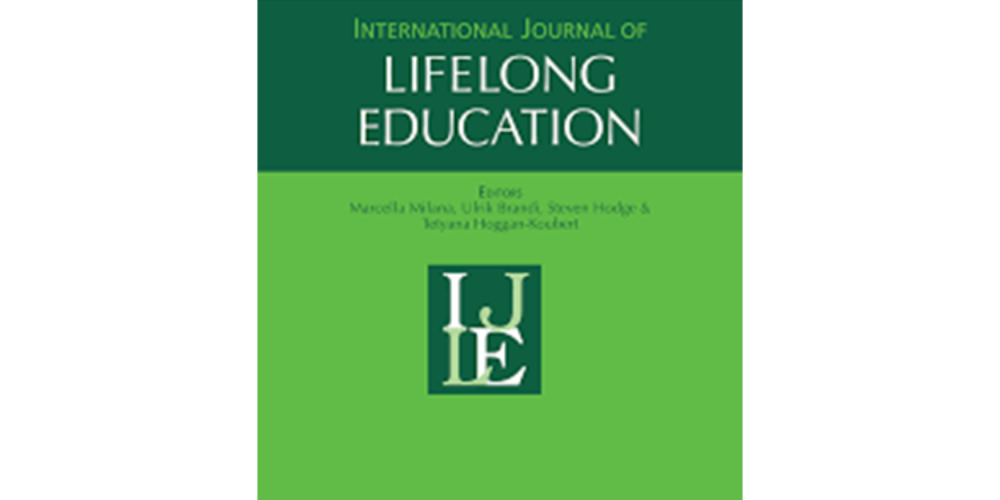This paper draws from a broader study on citizenship education in Western Uganda to explain how civic education knowledge translates into civic engagement through people’s lived experiences. The paperaddresses two questions, that is the contextual understandings of civic education and civic engagement by the partner NGO. Secondly, what explains people’s decision to engage or not to engage. We employed critical research methodologies with multiple data collection methods as a means of empowering rural community members to dialogue with stakeholders in civic education. We present the findings based on three themes, that is rationality, power dynamics, and mutual interests. We draw on Rational Choice Theory to theorise reasons for civic engagement. […]

